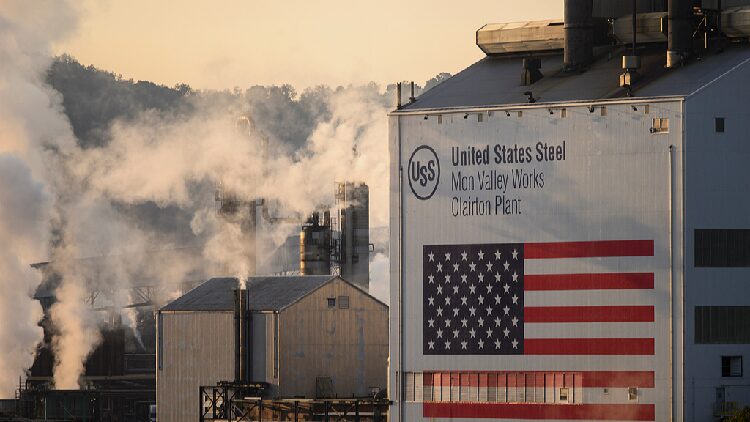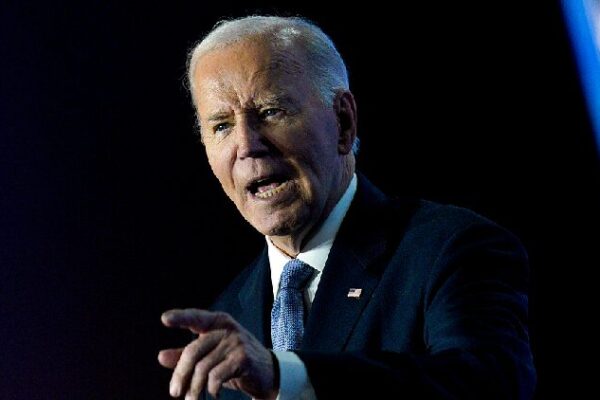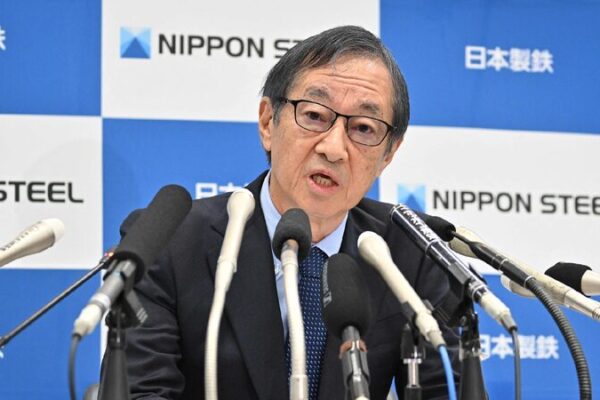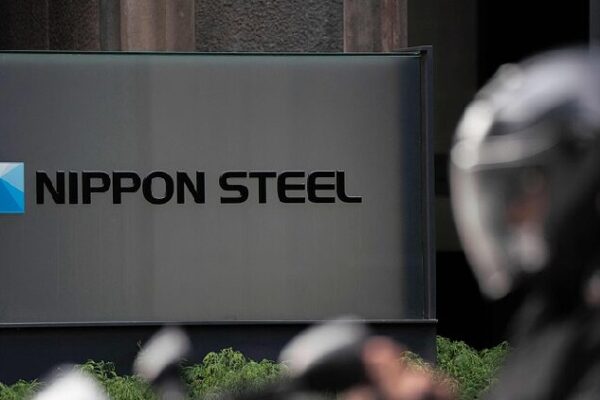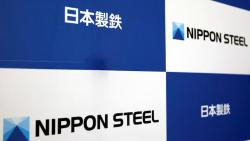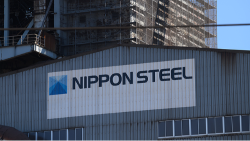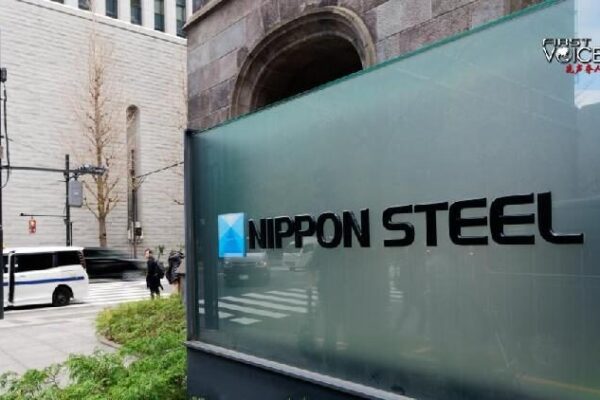The acquisition of US Steel Corp by Japan’s Nippon Steel Corp has been halted by President Joe Biden, citing national security and supply chain concerns. The proposed $14.9 billion deal would have placed one of America’s largest steel producers under foreign control.
In a statement on Friday, President Biden explained that maintaining US control over critical industries like steel is essential for national security. “This transaction poses risks to our national security and critical supply chains,” he said.
US Steel, founded in 1901, has been a cornerstone of American industrialization, contributing steel for major infrastructure projects and military efforts. However, in recent years, the company has faced financial difficulties, prompting the decision to seek a buyer.
Nippon Steel announced plans in December 2023 to acquire US Steel, assuring that it would retain the company’s name and headquarters while investing billions into modernization.
The United Steelworkers Union and several lawmakers from both parties opposed the deal, expressing concerns over potential job losses and foreign control over a key industry.
In response to the block, US Steel and Nippon Steel condemned the decision as unlawful and hinted at possible legal action. “This announcement is based on political considerations rather than actual national security needs,” the companies said in a joint statement.
Japan’s Digital Minister Taro Kono expressed surprise at the US position. “We are puzzled that this has become a security issue,” he said.
Industry analysts have weighed in on the matter. Liu Chunsheng, an associate professor at the Central University of Finance and Economics, suggested that the acquisition could have positively impacted the US steel industry through modernization efforts.
The Biden administration’s move reflects a growing trend of scrutinizing foreign investments in critical sectors. Supporters argue it protects national interests, while critics warn it may hinder global economic collaboration.
Reference(s):
cgtn.com
